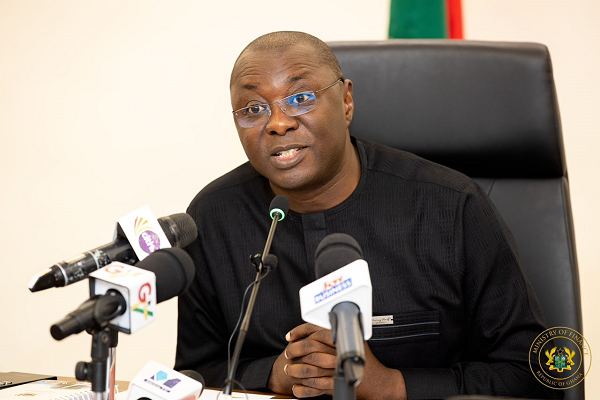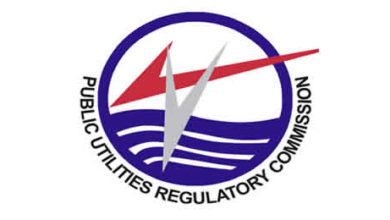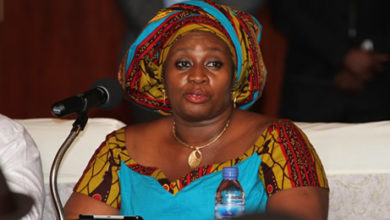Parliament Reconvenes Tomorrow
Member of Parliament (MPs) are to reconvene tomorrow, January 29, 2019 to begin the first meeting of the third session of the seventh Parliament of the Fourth Republic.
A letter signed by the Speaker of Parliament, Professor Mike Aaron Oquaye, said “in the exercise of the powers conferred on the Speaker by clause (1) of Article 112 of the Constitution, I, Professor Oquaye, by this Constitutional Instrument, appoint Parliament House Accra, to be the place, and 10 o’clock in the forenoon of Tuesday, January 29, 2019 to be the time at which the third session of the seventh Parliament of the Fourth Republic shall commence.”
The legislators are expected to consider and pass a number of bills into law during the third session.
The Right to Information Bill (RTI), which reached the consideration stage during the second session, is billed to be passed into law when the House resumes.
They will also be required to consider and approve financial agreements, contracts and ratify some conventions during the third session.
State of Nation Address
All eyes will be on Parliament within the first two weeks of the resumption of the first meeting of the third session as President Nana Addo Dankwa Akufo-Addo is expected to deliver the state of the nation address to Parliament.
He will be stating the current state of the country’s economy and outline his projects and programmes for the year.
The Minister of Finance will also present the mid-year budget and consequently present the 2020 budget by the end of the third session.
The Fourth Session of Parliament, which will be the final Session for the current seventh Parliament, will begin in 2020 and end on the midnight of January 6, 2021. There are three meetings in a Session.
Recall
The second session witnessed the approval of important loans and commercial agreements, tax waivers, budget reviews and passage of bills into law.
There were also occasions of disagreements between the Majority and Minority sides on the appropriateness of some loan agreements.
As anticipated, the two sides occasionally slugged it out over the true state of the economy in terms of inflation, depreciation of the cedi, debt stock and Gross Domestic Product (GDP) figures.
The Majority and Minority MPs occasionally argued over which government did better in managing the economy, as they began the debate on the 2019 budget statement and economic policy of government.
The Majority members contended that the New Patriotic Party (NPP) government had over the last two years improved the micro-economic indicators, such as lowering inflation and interest rates, growing agriculture, and creating employment.
The Minority members, however, said the previous National Democratic Congress (NDC) government laid the foundation for the NPP government, which showed in the improvement in the 2017 micro-economic indicators.
However, it said the performance of the government in 2018 was abysmal with rising interest rates, inflation and lower gross domestic product (GDP).
The Minister of Finance, Mr Ken Ofori-Atta, read the 2019 budget on November 15, 2018.
After days of gruelling debate, the House approved the budget.
One of the major decisions taken by the Minority side was the resolve to boycott the national identification card registration (Ghana Card) because voter identification cards were not considered as one of the primary documents for the registration.
The expectation that the Right to Information (RTI) Bill, 2018 would be passed during the second session did not materialise, although significant progress was made in the legislative process as it had reached the consideration stage.
Source: Daily Graphic





